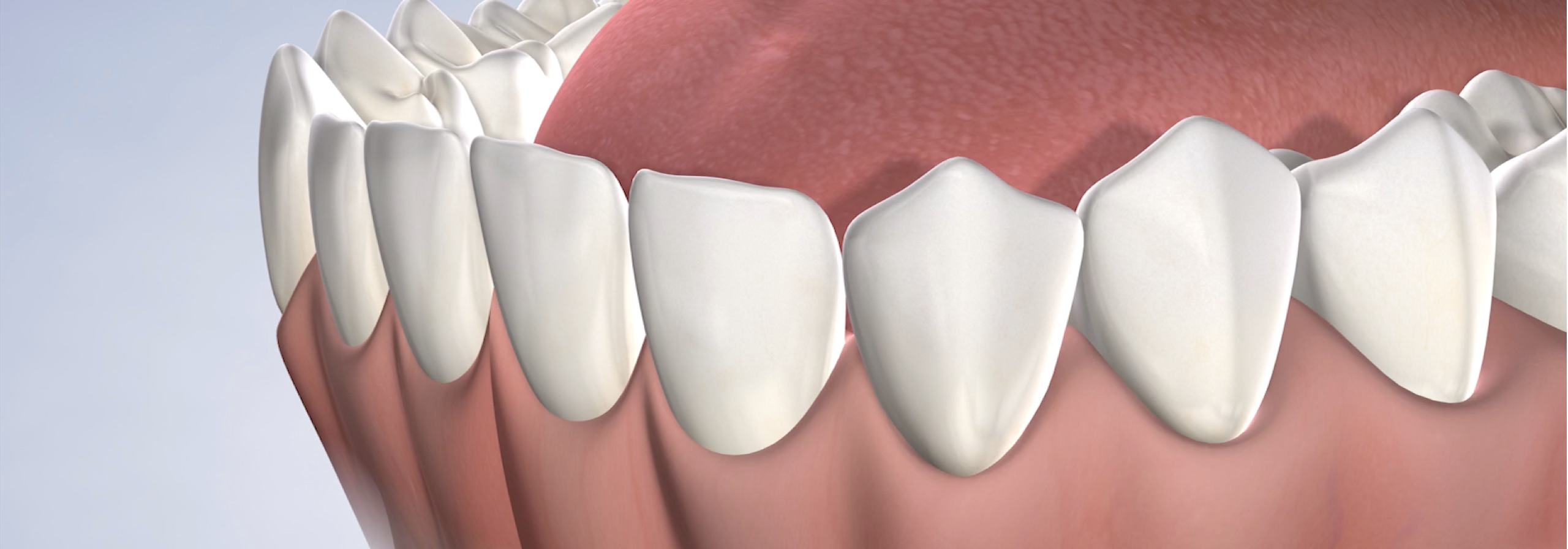When it comes to our patients, safety and comfort are our top priorities. As dental specialists, oral surgeons like Dr. Falk, Dr. Moody, Dr. Yau are highly qualified to perform office-based sedation. Canyon Oral & Facial Surgery offers several types of anesthesia at their practices.
During your consultation appointment at Canyon Oral & Facial Surgery, your oral surgeon will discuss your treatment plan with you, including the type of anesthesia to be used. Your oral surgeon will consider your condition, treatment, medical history, and personal preference to determine the right anesthesia for your procedure.
Pre- and post-operative care is essential to optimizing your results and minimizing the risk of complications. Please review our standard pre- and post-operative instructions and follow all instructions that your oral surgeon has provided to you. If you have any questions about these instructions, please contact us for assistance.
Dr. Falk, Dr. Moody, and Dr. Yau are skilled oral surgeons who perform a wide scope of oral and cosmetic surgery procedures and treatments at their practices. As oral surgeons, they are highly qualified in the administration of anesthesia to ensure their patients remain safe and comfortable. If you are ready to meet with one of our doctors for an oral surgery or cosmetic consultation, we encourage you to contact us to schedule a consultation appointment. We look forward to meeting you.
Types of Anesthesia
Canyon Oral & Facial Surgery offers several types of anesthesia.
Local Anesthesia
Local anesthesia works by blocking the sensation of discomfort. It is administered locally to the site and is commonly used with nitrous oxide.
Nitrous Oxide
Nitrous oxide is administered through a mask and used to reduce or relieve feelings of anxiety for the patient. It is commonly known as laughing gas and can be used with local anesthesia.
Intravenous (IV) Sedation/General Anesthesia
Intravenous (IV) sedation allows the patient to enter a sleep-like state throughout the procedure. The patient is resting and comfortable throughout the procedure. Since one of the most common side effects of the medicine is amnesia, many patients do not remember their procedure.
General Anesthesia
General anesthesia is for patients who require surgery that is extensive or complicated. General anesthesia means that the patient is completely unconscious for the procedure.
Providing an Exceptional Patient Experience
Get exceptional patient care from trusted board-certified oral surgeons. Contact Canyon Oral & Facial Surgery to schedule a consultation and find out how we can improve your oral health and confidence.

